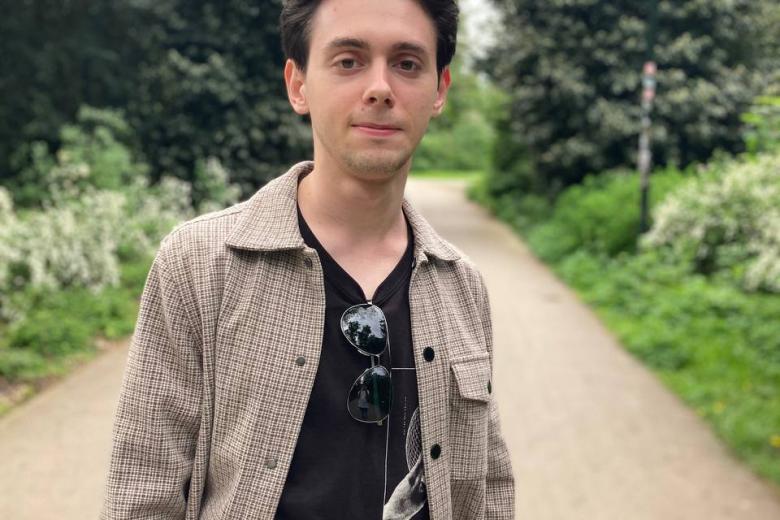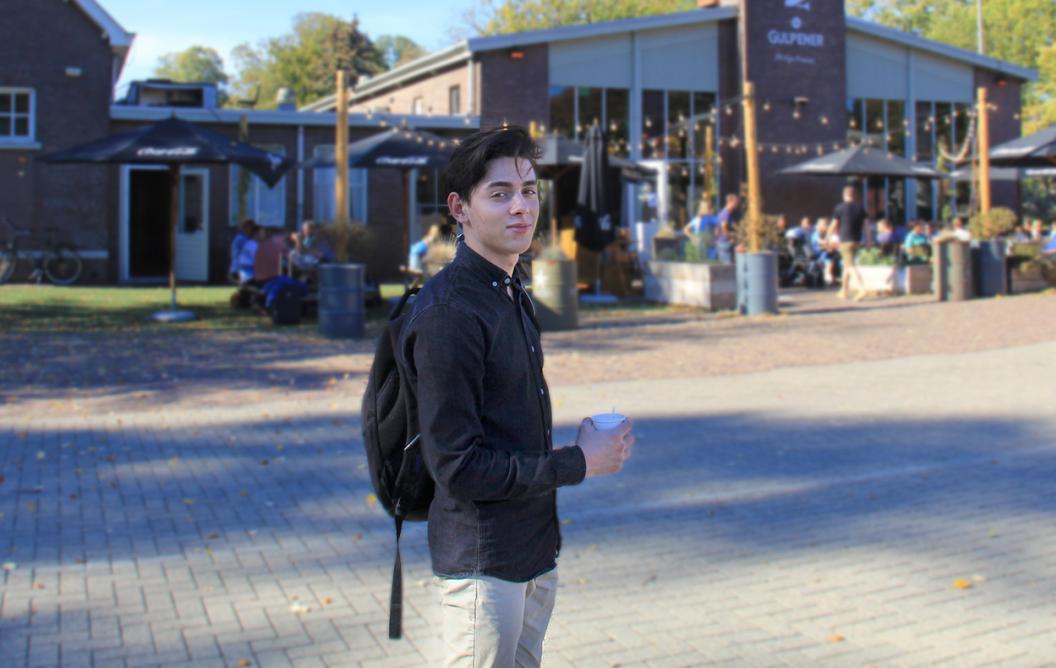Vanuit Oekraïne in de International Classroom
Mijn naam is Nikola, ik ben afkomstig uit Kiev, Oekraïne en studeer Data Science en Artificial Intelligence aan de UM. Hoewel ik in het 3e jaar van mijn studie zit, woon ik al vier jaar in Nederland. Ongeveer vier jaar geleden begon ik namelijk aan het Foundation Programme - dit was de start van mijn boeiende, internationale studentencarrière in Maastricht.
-- de rest van de tekst is Engelstalig --
Looking back on these 4 years I have come to fully appreciate studying in the international UM community where I have met aspiring individuals from all around the world: as far as Venezuela all the way to Australia. Studying and working on projects side by side with people from different cultural backgrounds has undoubtedly broadened my horizons. Exchanging skills and ideas in an international classroom setting with each other is extremely helpful to build realistic understanding of the field in which we as students are eventually going to work, and to create an adequate and balanced view on the society and the world we are living in.
I believe the additional experience gained in such international classroom could be of an extreme value when returning to your home country or when participating in a diverse workplace. Stepping outside the box can bring a newly fomented multi-cultural outlook on certain social issues for any student and ultimately have a positive added value in their working capacity in any environment.
Integrating into a new culture
I have heard that when it comes to integration to a new society, things often go smooth for the majority. However, there can be two extreme cases of adapting to a new environment about which I heard of and even experienced one of them myself when first arriving to the Netherlands. In the first case, students strongly stick to their native cultural identity and trying to only keep in touch with old friends as much as possible. They are not very interested in making new connections and simply avoiding to “settle down”. Luckily, students overcome such issues typically, after a year or so, which I believe, often, starts with stepping outside of the comfort zone. For some people this can mean simply to start engaging into more small talk, while for others to join sports and societies, which in any case increases chances of meeting interesting people.
After the war began
Due to the difficult situation in my country, I am in the position to reflect on how valuable it is for international students, especially ones from outside the European Union, to have opportunity to study in an international classroom such as Maastricht University. An opportunity to be in such an “alternative reality” is an extremely valuable virtue. In particular, here, 2000 km from Kiev I can fully experience a normal life without weekly shelling, blackouts and curfew, which unfortunately became a strong part of many friends and family’s life for the last 8 months. This example can be generalized for a lot of developing economies where young and passionate individuals with bright ideas and hopes for the future cannot live their life to the extent they want to only because of a currently difficult (or rather unbearable) local situation.
My time at UM
Universities such as, UM can provide a valuable chance for non-EU students who could possibly perform very well but lack opportunities in their home country to open up their potential. Here it is mainly possible due to the Foundation Programme. The Foundation Programme not only helps to meet a diploma requirement for students from outside the EU but also gives time to culturally adapt in a relaxed educational environment before the main busy bachelor’s coursework begins.
After the Foundation Programme, I continued to be in awe of the opportunities at UM to pursue my passions. Of particular importance in my UM journey, are the Honours programmes offered to the bachelor students. I have participated in the Honours program in my department by participating In MaRBLe – a one-year project with focus on research experience aspects. I never thought I would participate in something like this partially because in my home country being a researcher is not seen as an inspiring nor a secure career prospect. Working with international staff and students in a rigorous setting helped me to shift my perspectives on research.
Finally, I would like to once again express my appreciation for the time of studying here and all the educational and cultural experience I received so far. I also hope that universities in the Netherlands and especially the UM will continue to provide safe environment for the international students where everyone can expand and develop their mindsets with the help of international classroom experience.
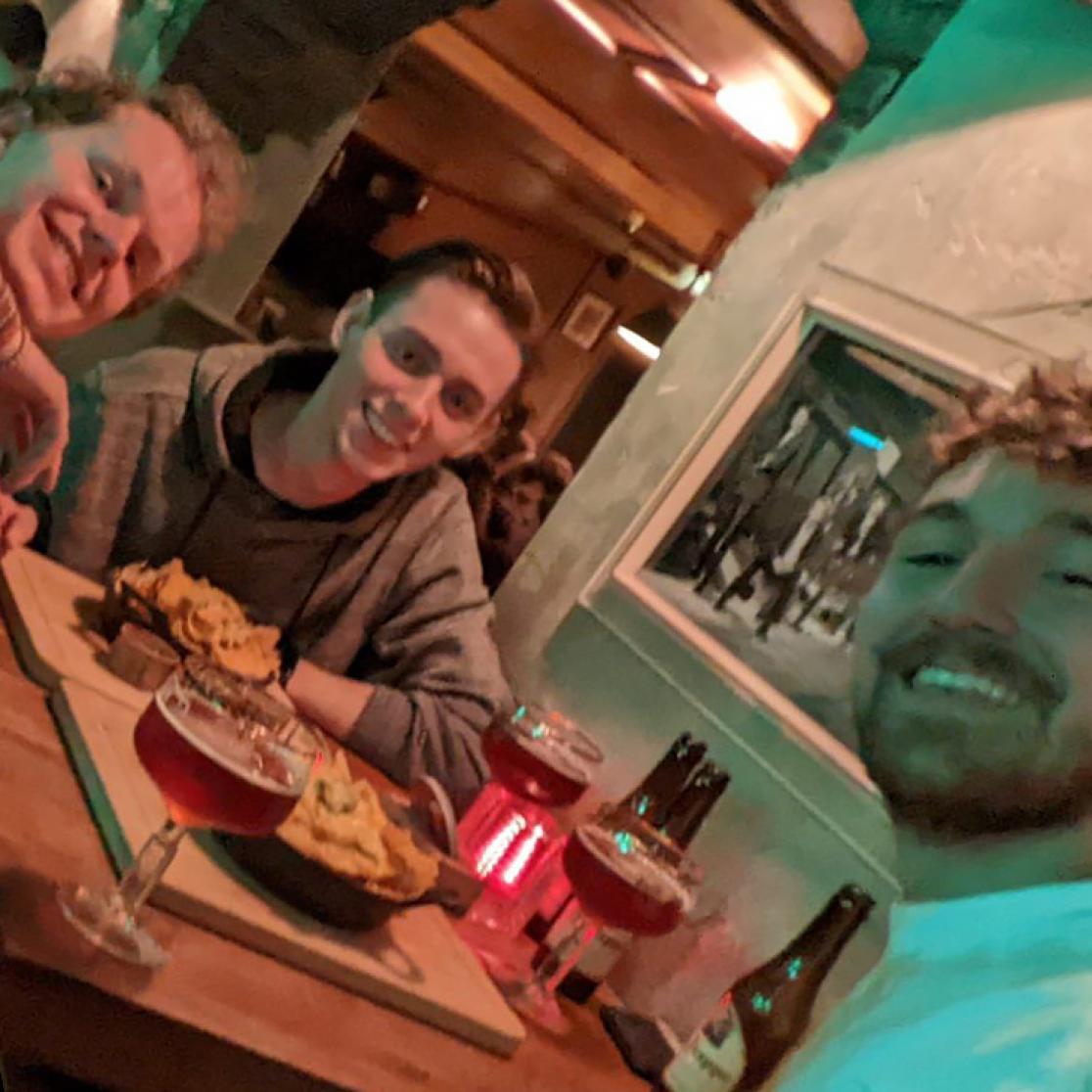
Lees ook
-
Prins Friso Ingenieursprijs: UM wint beide publieksprijzen
Kim Ragaert en de studenten van SublimeStone zijn de winnaars van de publieksprijzen die tijdens de verkiezing van de Ingenieur van het jaar werden uitgereikt. De winst en de nominatie van beiden, door het Koninklijk Instituut van Ingenieurs, laten zien dat de Universiteit Maastricht, en vooral de...
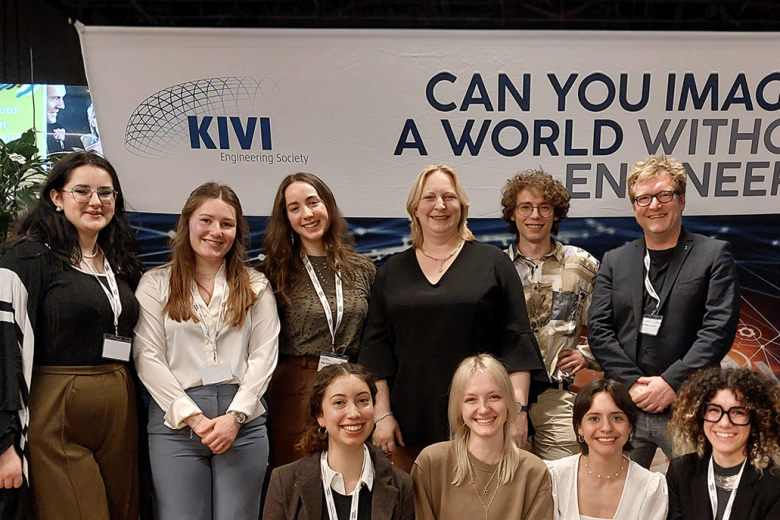
-
Kampioenen van innovatie: Stem Maastrichtse ingenieurs naar de top
Het Koninklijk Instituut van Ingenieurs nomineerde Kim Ragaert en de studenten van SublimeStone voor de prijs van beste ingenieur en beste studententeam van 2024. Beiden horen bij de laatste 3 finalisten in hun categorie. Wil jij ook dat de beste ingenieurs winnen, stem dan nu op UM!
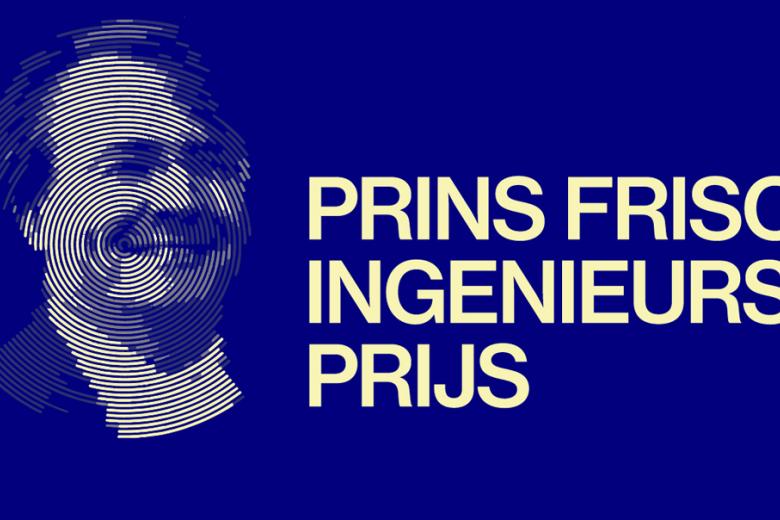
-
Foundation Programme legt fundament voor internationaal talent
Nikola Prianikov kwam uit Kiev naar Maastricht om Data Science en Artificial Intelligence te studeren. Hij vertelt hoe het Foundation Programme van de UM deuren opent voor internationaal talent, hoe hij genoot van zijn studietijd ondanks oorlog en rampspoed, en hoe een carrière in Nederland tot de...
